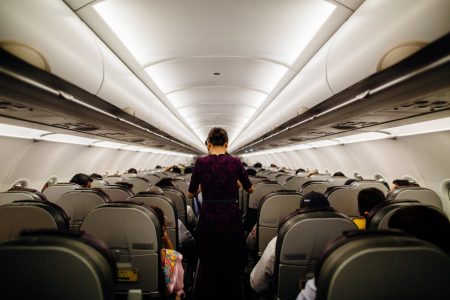During President Trump’s Asia trip, the Trump administration unveiled frameworks for future trade agreements with Thailand and Vietnam and announced new agreements with Malaysia and Cambodia. The agreements represent significant advancements in Trump’s efforts to lower trade barriers for American exports, even though they are not legally binding.
Malaysia and Cambodia
In order to reduce tariffs and regulations on American goods like cars and agricultural products, the United States signed trade agreements with Malaysia and Cambodia. The two countries agreed to purchase more American goods in return, and they were granted partial exemptions from Trump’s “reciprocal tariffs,” which would otherwise stay at 19%.
Citing an annex to Trump’s executive order on reciprocal trade that lists goods eligible for carve-outs under new trade agreements, the administration announced it would remove tariffs on a large number of agricultural and non-US-made goods.
Malaysia and Cambodia agreed to lower tariffs on a variety of U.S. exports, such as manufactured goods, metals, and agricultural products. According to the administration, they also decided to accept American certifications and standards for automobiles and agricultural goods. The agreements include major commercial commitments: Malaysia will invest $70 billion in the United States over the next ten years, and both nations will buy new Boeing aircrafts .
The two countries also promised to prevent Chinese and other foreign companies from selling goods to the U.S. below market prices, avoid enforcing discriminatory regulations on U.S. tech companies, and enhance U.S. access to vital minerals. According to the administration, both nations also pledged to improve environmental and labor protections.
These agreements are among the most extensive trade agreements signed during Trump’s second term. The administration hasn’t, however, stated that it intends to send them to Congress for ratification, which is a necessary step for significant trade agreements.
Thailand and Vietnam
Additionally, the United States signed framework agreements with Vietnam and Thailand that set the stage for future comprehensive trade agreements. According to the administration, the two countries decided to accept U.S. vehicle and product standards, loosen restrictions on American businesses, and lower tariffs on almost all U.S. exports.
Thailand signed a separate commitment to increase its vital mineral exports to the United States, and Vietnam and Thailand agreed to buy Boeing aircraft and more American agricultural products.
In exchange, the United States agreed to list specific items that would not be subject to its tariffs, which are currently 20% for Vietnam and 19% for Cambodia. The accords highlight Trump’s plan to counter China’s trade influence in Southeast Asia while fortifying economic ties throughout the region.
Featured Image Credit: Suraphat Nuea-on; Pexels: Thank you!















